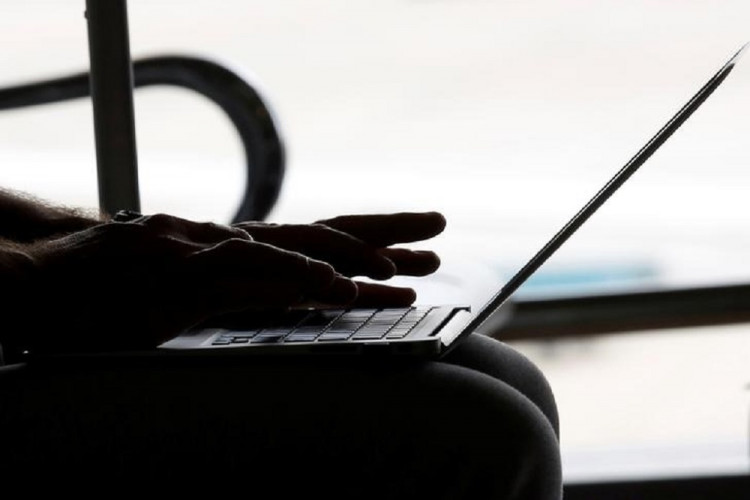Many industries were shut by COVID-19 but some bigger sectors, afraid of going bankrupt, adjusted to the changes.
Entertainment
When lockdowns were announced, movie launches were postponed, meet-and-greet events were canceled and filming had to be put on hold.
In response, Hollywood and other entertainment segments that didn't want to completely shut down had to "remake" their business models.
By largely going digital, many entertainment agencies and companies placed their hopes on a consumer base that had gone from watching movies in cinemas to streaming shows and downloading videos.
President of Mandalay Entertainment and former head of Sony Pictures, Peter Guber, said even after COVID-19 subsides "it will be a new studio system."
Guber said post-pandemic entertainment fans would turn to likes of HBO Max, Apple, Netflix, Disney+ and other services.
Aside from largely concentrating on streaming or video-on-demand, the entertainment industry has started recognizing the usual 90-day cinema run is too long.
Distribution chief for Paramount Pictures Chris Aronson said "the evolution is just happening faster than it would have."
Health care
When COVID-19 hit many governments panicked and there was an unraveling of supposedly strong health care systems.
Health care companies were forced to implement improvements in the development of vaccines and potential cures.
Among the breakthroughs was the widespread use of big data and analytics.
With the need for modern health care to be available fast, companies had to adapt to the ever-changing technology-led approach that many other businesses were adopting before the pandemic.
The evolution of health care products was a given but COVID-19 changed health institutions and health care facility protocols. Health care workers are now more vigilant.
According to the World Economic Forum, the "industry's response has vividly demonstrated its resilience" and ability to allow for innovative health care solutions to enter markets within a short period."
Food Services
While the food industry was shaken by the pandemic many restaurants found ways to keep afloat.
President and chief executive of GSR Brands, the parent company of Gold Star Chili and Tom & Chee, Roger David, said restaurant owners who wanted to keep operations in order should "adapt" to customer's "changing needs."
Many restaurant owners did so by offering delivery and takeout services - even if the costs climbed and there were uncertainties that came with potential order cancellation.
For restaurants that opted to reopen to limited capacity, proper health and safety protocols were put in place, dividers were placed on tables and the use of face masks was required.
Social media was used by many thriving restaurants to engage with customers as food photos filled up Facebook and Instagram.





